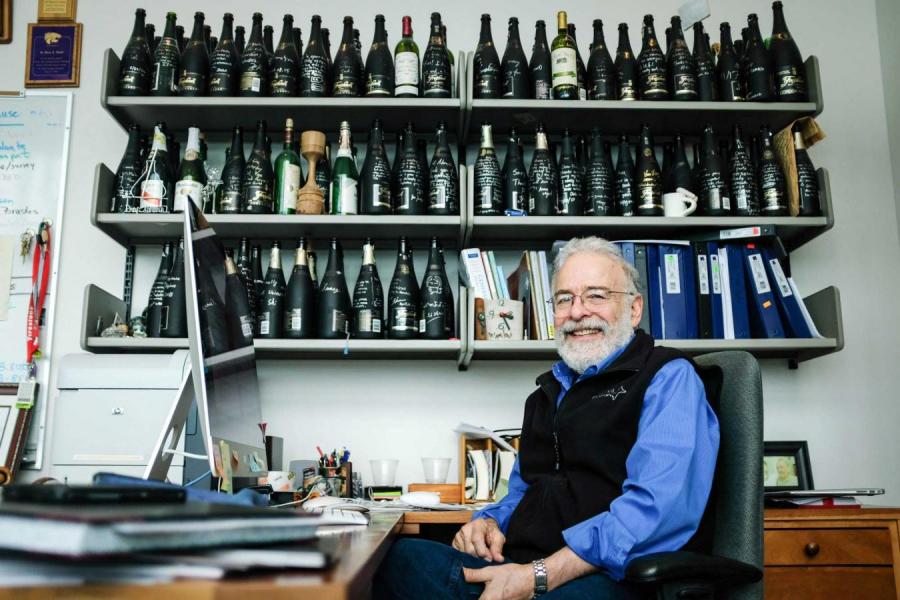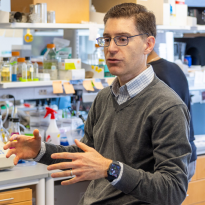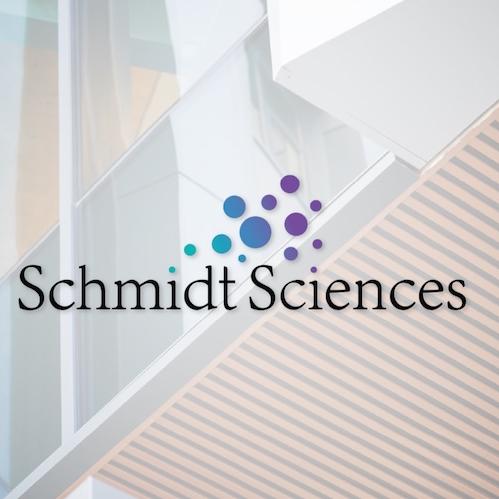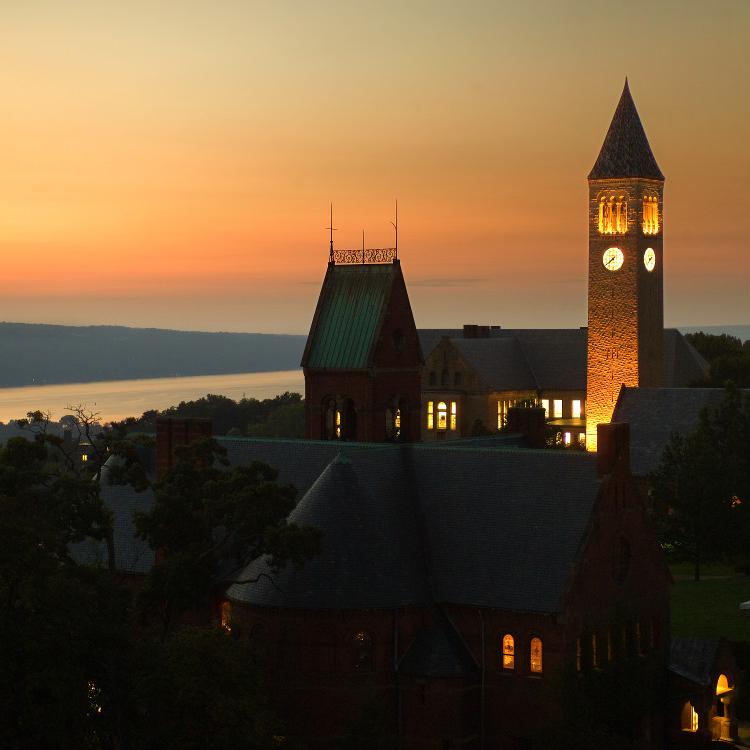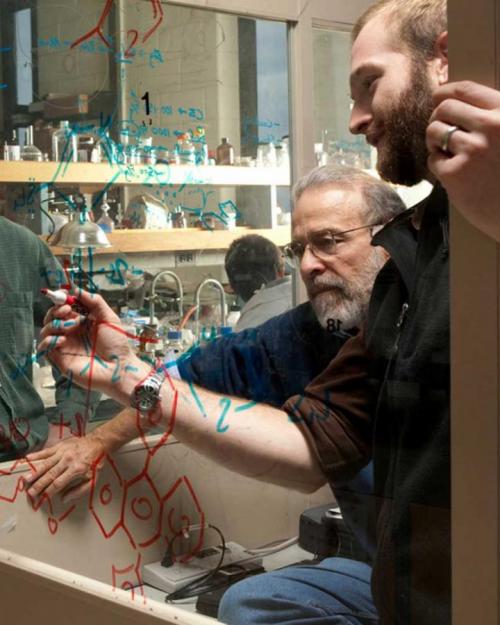Héctor D. Abruña, the Émile M. Chamot Professor of Chemistry in the College of Arts and Sciences, has been honored by the American Chemical Society (ACS) with the ACS National Award in Analytical Chemistry for his pioneering work in electrochemistry, including the development of fuel cell and battery materials.
The ACS award is a tribute to Abruña’s long, influential career, said Brian Crane, the George W. and Grace L. Todd Professor and chair of the Department of Chemistry and Chemical Biology.
“This is a major award,” Crane said, “perhaps the highest honor in this country for Professor Abruña’s field of chemistry.”
The ACS award adds to a long list of honors Abruña has accumulated during his career, 37 years of which he’s spent at Cornell. These honors include the ISE-Elsevier Prize for Experimental Electrochemistry in 2020 and the Frumpkin Memorial Medal from the International Society of Electrochemistry in 2019. He was elected to the National Academy of Sciences in 2018.
In 2007, Abruña won the ACS award in electrochemistry, a subcategory of analytic chemistry. “To now be selected in the broadest category is a tremendous honor,” Abruña said.
The Abruña Lab works on electrochemistry – reactions in which electrons are transferred. The lab studies fuel cells (energy conversion) and batteries (energy storage). “We develop new materials as well as new approaches, … make devices, and assess their performance metrics,” Abruña said.
In the fuel cells arena, they research metals that work in alkaline media, which are much less expensive than metals that work in acidic media. Abruña directs the Center for Alkaline-based Energy Solutions, supported by the U.S. Department of Energy.
In the batteries arena, Abruña and his colleagues work to develop lithium sulfur batteries, as well as batteries based on organic materials.
Abruña credits his students and postdoctoral colleagues for recent “dramatic” progress in both areas.
“What I have been most proud of is, without a doubt, the people who have been part of my group,” Abruña said. “I have been blessed with enormously talented undergraduates, graduate students and postdocs. It is simply a thing of beauty to see them develop, from initially tentative individuals to spectacularly self-assured professionals.”
The lab has a tradition of celebrating the graduation or departure of a lab member with pizza, champagne, and a customized cake.
Abruña, who was inspired to go into chemistry by a high school teacher in his native Puerto Rico, has mentored 56 Ph.D. students and about 75 postdoctoral researchers. Said Abruña: “They make miracles happen.”
